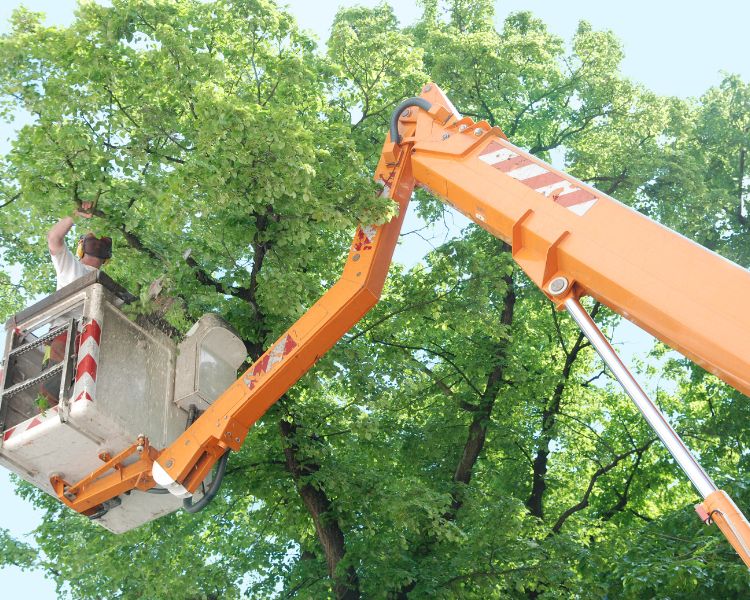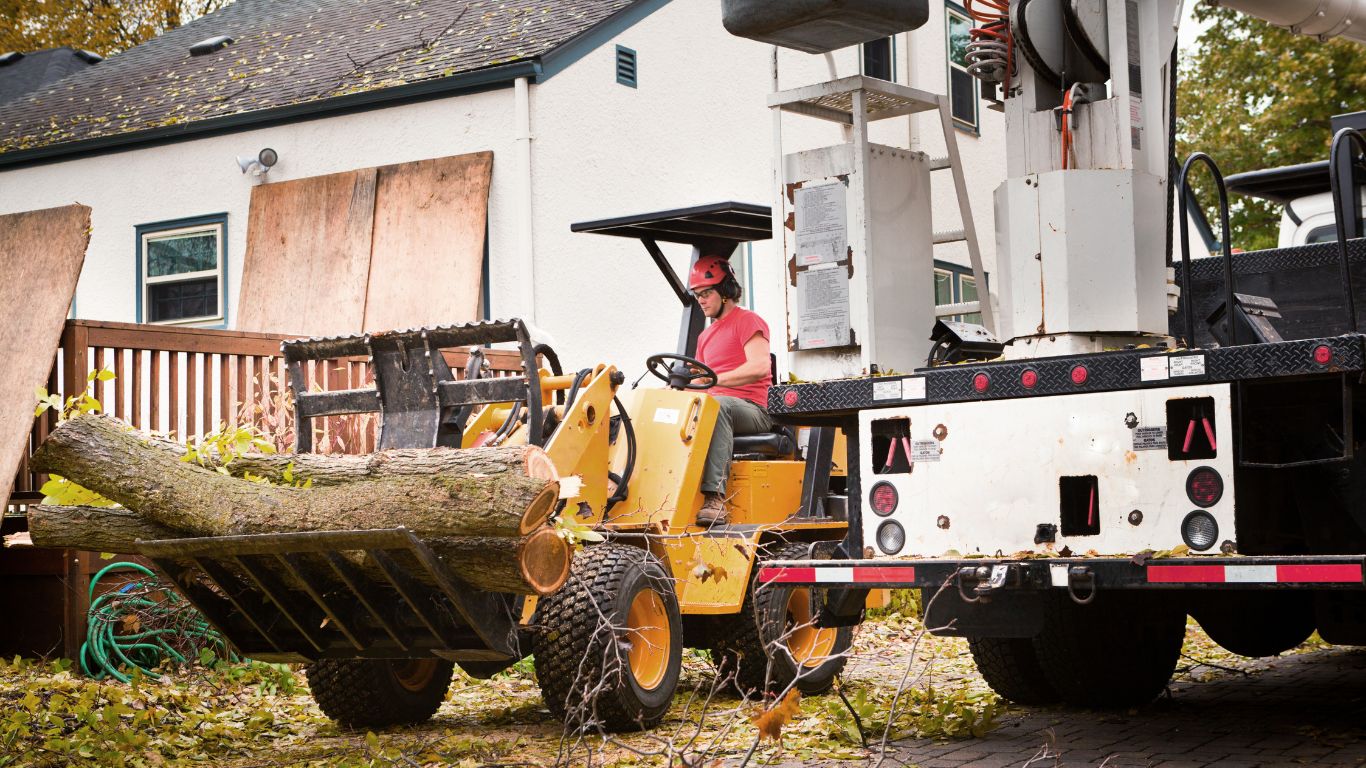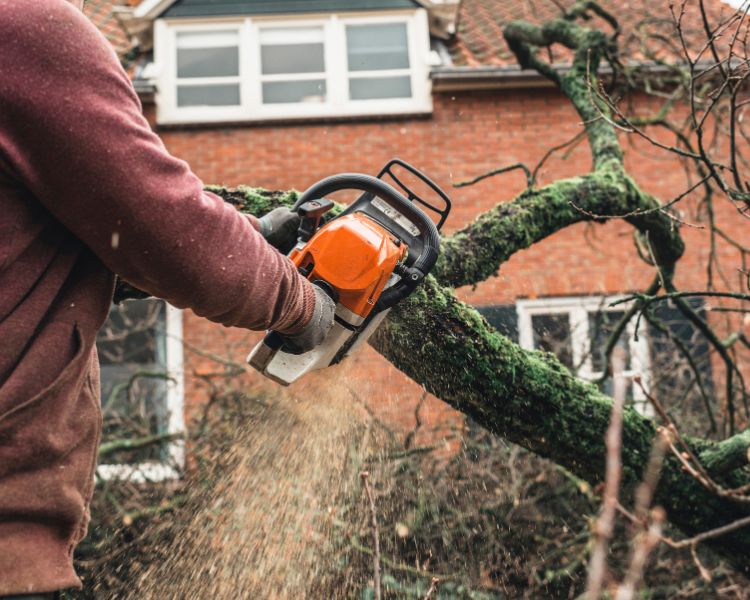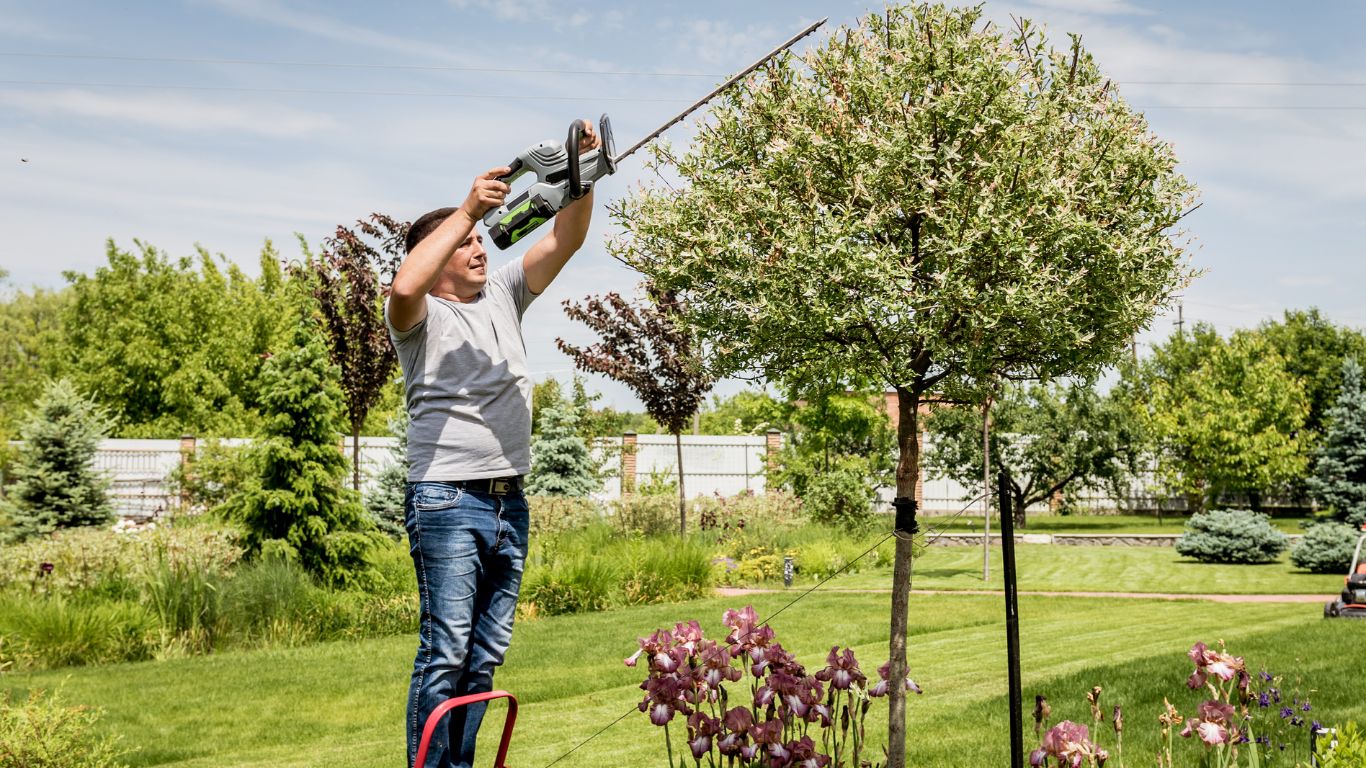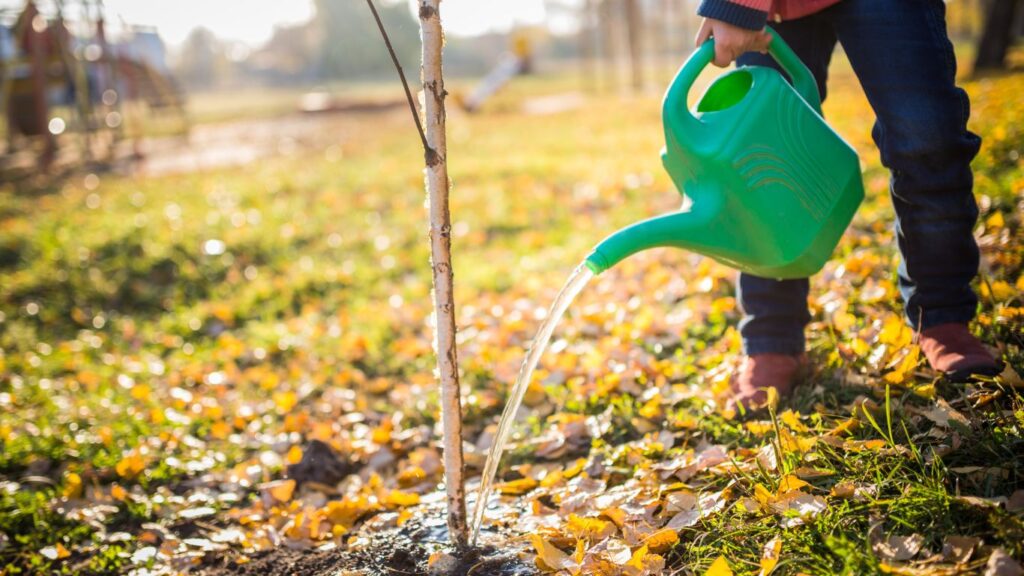
Adequate Watering
Proper watering is crucial for the health and growth of your plants. It’s not just a matter of giving them water but the right amount at the right time. Adequate watering can mean the difference between a lush garden and a weak one. Here are some tips for ensuring that your plants receive sufficient watering:
- Water deeply: Instead of giving your plants a quick splash of water, give them a deep soaking. This will encourage roots to grow deeper and stronger.
- Water in the morning: Watering in the morning allows plants to absorb moisture before the day’s heat evaporates. This also helps to prevent the growth of mildew and other plant diseases.
- Use a watering can or hose: It allows you to control the amount and direction of water flow, preventing water waste and ensuring that the water goes where it’s needed most.
- Be consistent: Develop a watering schedule and stick to it. Plants thrive on consistency, avoiding sporadic watering, leading to stress and weakened growth.
- Adjust for weather conditions: During hot, dry spells, plants require more frequent watering, while in cooler weather, they may need less. Be mindful of the weather conditions and adjust your watering accordingly.
- Consider the plant’s needs: Different plants have different watering needs. Research the specific watering requirements of each plant in your garden to ensure that you provide adequate water.
Mulching
Mulching around the base of your trees provides numerous benefits, especially during the summer months. Apply a layer of organic mulch, such as wood chips or bark, around the tree’s base, extending to the drip line. Mulch helps retain moisture, regulate soil temperature, suppress weed growth, and prevent erosion.
Additionally, it adds organic matter to the soil as it decomposes, improving its fertility and health. Mulching also helps protect the tree from damage caused by lawnmowers and weed trimmers, which can easily harm the bark and roots of a tree.


